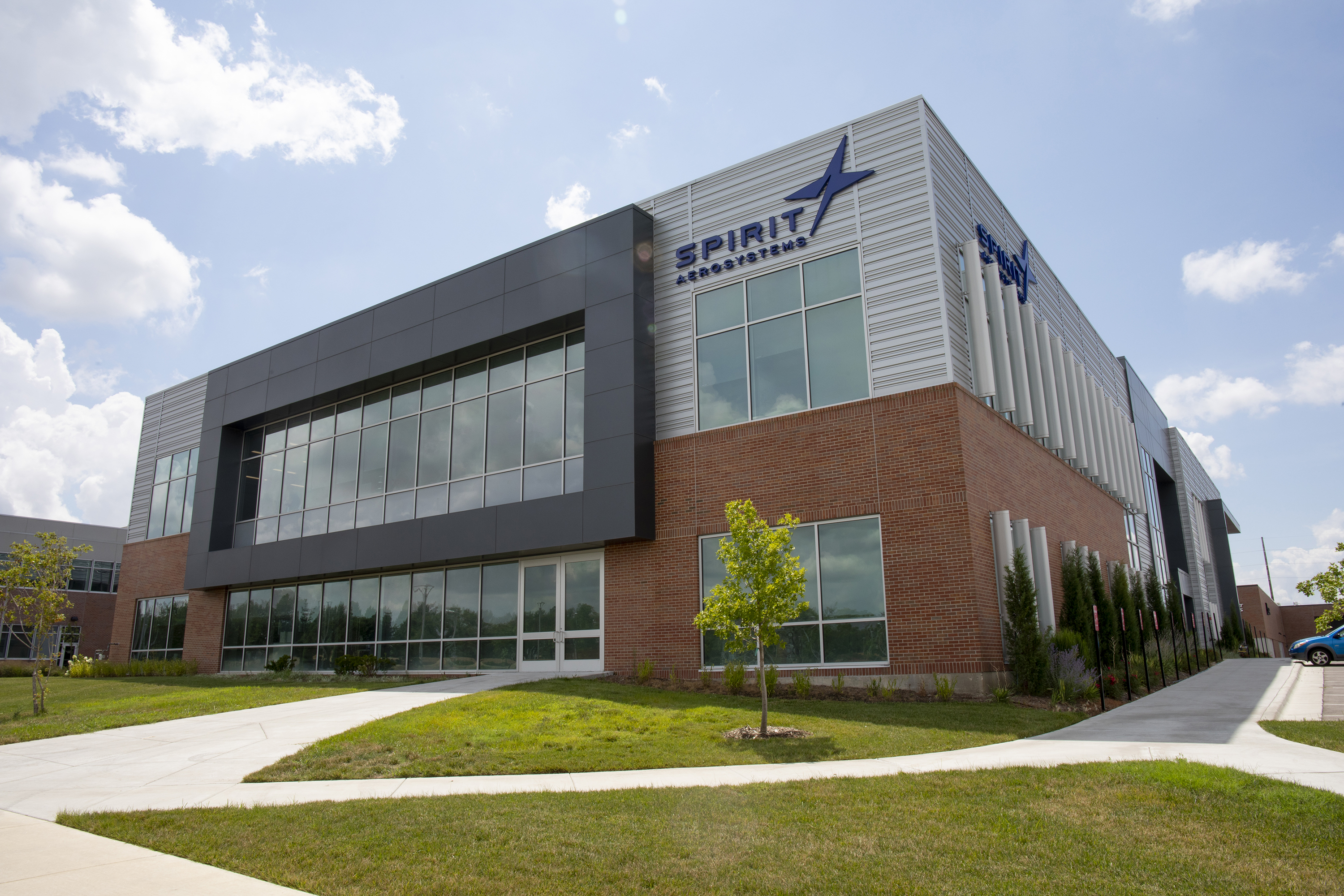The National Institute for Aviation Research (NIAR) at Wichita State University announces a new $13.5 million award from the U.S. Army Combat Capabilities Development Command Aviation & Missile Center (CCDC AvMC) for continued applied research on emerging materials for high-speed missile applications.
The research program, which started in 2019, supports CCDC AvMC’s objectives to reduce weight and cost of advanced missile systems while increasing performance. The additional $13.5 million award will allow NIAR to continue to collaborate with CCDC AvMC to expand material testing, characterization and qualification capabilities.
Throughout the first year of the program, researchers identified technology gaps – such as cost, understanding of processing techniques, and lack of data – that limit the use of high-temperature materials, and developed a plan to address them.
Similar to the first phase of the program, NIAR will continue to work on various high-temperature-capable material systems with national industry experts, including Spirit AeroSystems and Fiber Materials Inc. (FMI), a Spirit AeroSystems company. Through this partnership, NIAR and Spirit will develop manufacturing processes and material characterization for advanced composites for future thermal protection systems.
“With 50 years of flight-proven materials, Fiber Materials, Inc., now a Spirit AeroSystems company, is a proven industry leader in materials for extreme flight conditions,” said Duane Hawkins, senior vice president; president, Defense, Spirit AeroSystems. “Spirit also brings distinctive materials and production capabilities that complement NIAR’s research and test expertise to support this high-priority national defense program.”
This research has potential to optimize fabrication processes that enable high rate affordable production of advanced composite components. Other areas of research under the program are focused on ceramic matrix composites and high-temperature polymer matrix composites.
“This program diversifies our portfolio for the Army and Department of Defense (DoD),”
said John Tomblin, WSU vice president of Industry & Defense programs. “While part
of our staff is focused on sustainability for the existing fleet of military vehicles
such as the B-1B and Black Hawk, others are focused on emerging technologies and priorities,
such as hypersonic warfighting capabilities.”
Delivering hypersonic weapons is one of the DoD’s highest technical research and engineering
priorities.
U.S. Senator Jerry Moran has been an integral supporter and partner for increased visibility of WSU-NIAR’s capabilities with the DoD.
“The Army’s hypersonics program will greatly benefit from research done at the National Institute for Aviation Research,” said Sen. Jerry Moran (R-Kan.). “I am confident the strong relationship that has developed between the Army and Wichita State University will continue to provide value to this strategic program and many others, and I look forward to future opportunities that emerge from this collaboration.”
The program currently employs two dozen WSU students gaining applied learning experience through research and material testing. Last fall Peter Dinicola, sophomore in mechanical engineering, transitioned from serving in the Marine Corps Air Station Cherry Point to a full-time engineering student. Dinicola has contributed to the program through his research in hypersonic materials, including ceramic matrix composite fabrication and processing, powder-bed fusion additive manufacturing and design for manufacturability.
“Participating in the CCDC AvMC emerging materials program has provided me with the opportunity to not only work with a knowledgeable, supportive team, but also to learn and contribute to exciting high-temperature materials research,” said Dinicola.
The depth and breadth of research occurring at NIAR ensures engineering students are ready to tackle complex real-world engineering challenges before earning a diploma.


 Archive
Archive